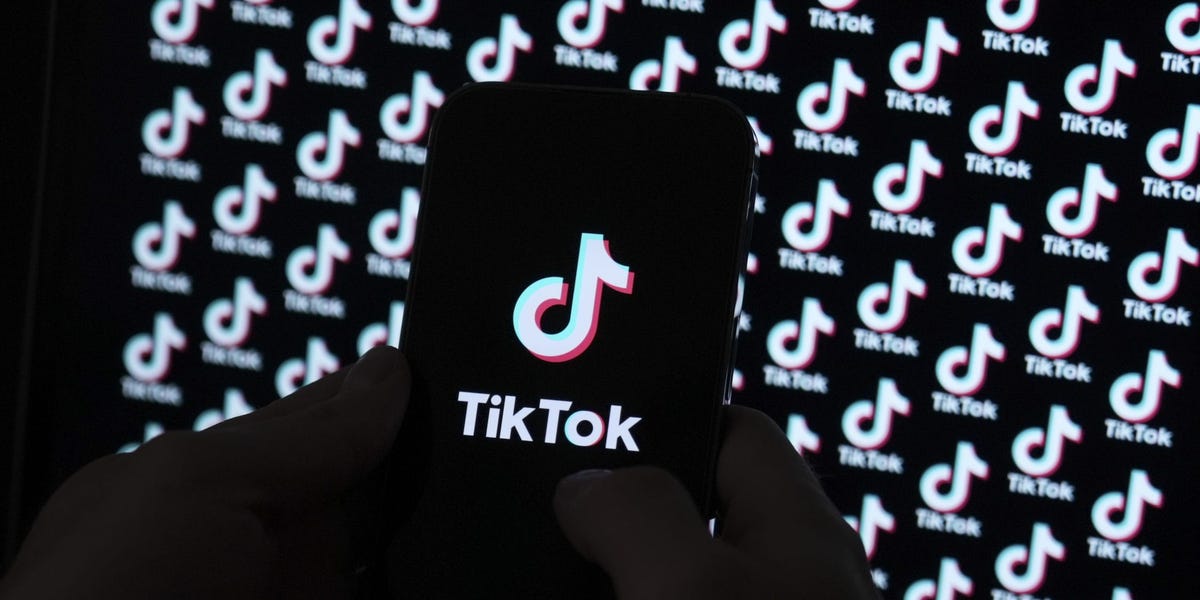As TikTok continues to dominate social media landscapes with its engaging short-form videos, users are increasingly grappling with the implications of its addictive scrolling culture. Many are now contemplating a significant departure from this platform, reflecting a broader societal shift towards mindfulness and conscious consumption of digital content. This article delves into the motivations driving this change and what it signifies for the future of social media engagement.
The Allure of TikTok: A Double-Edged Sword
TikTok’s rapid rise to fame can be attributed to its unique algorithm, which curates content tailored to individual preferences. Users are drawn into an endless stream of entertaining clips that seemingly never end. This mechanism fosters an addictive environment where one scroll leads to another, pulling users deeper into the platform.
However, this allure comes with several downsides:
- Time Consumption: Users often find themselves spending hours scrolling, leading to decreased productivity and neglect of real-life responsibilities.
- Impact on Mental Health: The constant comparison with others’ highlight reels can lead to feelings of inadequacy and anxiety.
- Information Overload: The sheer volume of content can overwhelm users, making it challenging to discern valuable information from noise.
As these issues become more pronounced, users are starting to question whether the joy of scrolling is worth the negative impact it has on their lives.
Motivations Behind Breaking Free from Scrolling Culture
Users’ contemplation of leaving TikTok is not merely a reaction to negative experiences; it’s also driven by a desire for more meaningful engagement with content and connections. Here are some motivations fueling this shift:
- Desire for Authenticity: Many users are seeking genuine connections and interactions rather than the superficial engagements that characterise TikTok.
- Mindfulness and Well-being: A growing awareness of mental health has led users to seek a more balanced approach to technology use, focusing on quality rather than quantity.
- Exploration of Alternative Platforms: Users are exploring other social media platforms that promote deeper engagement and less addictive content consumption.
The Role of Social Media Literacy
As users navigate the TikTok dilemma, social media literacy plays a critical role. Understanding the mechanics of platforms like TikTok can empower users to take control of their digital habits. Here are some essential aspects of social media literacy:
- Recognising Algorithms: Being aware of how algorithms curate content can help users make informed choices about their engagement with these platforms.
- Setting Boundaries: Establishing time limits for app usage can mitigate the addictive nature of scrolling culture.
- Curating Content: Users can take charge of their feeds by unfollowing accounts that contribute to negative feelings and seeking out more positive, uplifting content.
By enhancing their social media literacy, users can proactively navigate their engagement with platforms like TikTok, reducing the likelihood of falling into the trap of endless scrolling.
Implications for the Future of Social Media Engagement
The potential mass exodus from TikTok could herald a new era in social media engagement. As users become more discerning about their online presence, several trends may emerge:
- Rise of Niche Platforms: Users may gravitate towards smaller, niche platforms that foster genuine connections and cater to specific interests.
- Increased Emphasis on Quality Content: There could be a shift towards platforms that prioritise quality over quantity, encouraging users to create and share more meaningful content.
- Enhanced Focus on User Well-being: Social media companies may respond by implementing features that promote healthier engagement practices, such as usage reminders and mental health resources.
Finding Balance: Embracing a Healthier Approach to Social Media
For those who choose to remain on TikTok or similar platforms, finding a balance is essential. Here are some strategies to help users engage with social media more mindfully:
- Time Management: Set specific times for social media use to prevent mindless scrolling during free moments.
- Engage with Purpose: Approach social media with a clear intention—whether it’s to connect with friends, find inspiration, or learn something new.
- Practice Digital Detox: Regular breaks from social media can help recalibrate users’ relationship with technology and reduce dependency.
Ultimately, the key lies in cultivating a healthy relationship with social media. As users navigate the TikTok dilemma, they have the power to redefine their engagement, ensuring it serves their best interests and well-being.
Conclusion: A New Chapter in Social Media Engagement
TikTok’s addictive scrolling culture has prompted many users to reevaluate their relationship with the platform and social media at large. As the desire for authenticity, mindfulness, and meaningful connections grows, a significant shift may be on the horizon. Whether through breaking free from TikTok or embracing healthier engagement practices, users are poised to reshape the future of social media engagement. The journey may be challenging, but it also presents an opportunity for growth, connection, and a more fulfilling online experience.
See more Future Tech Daily

